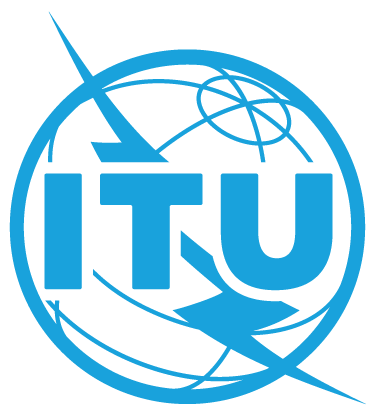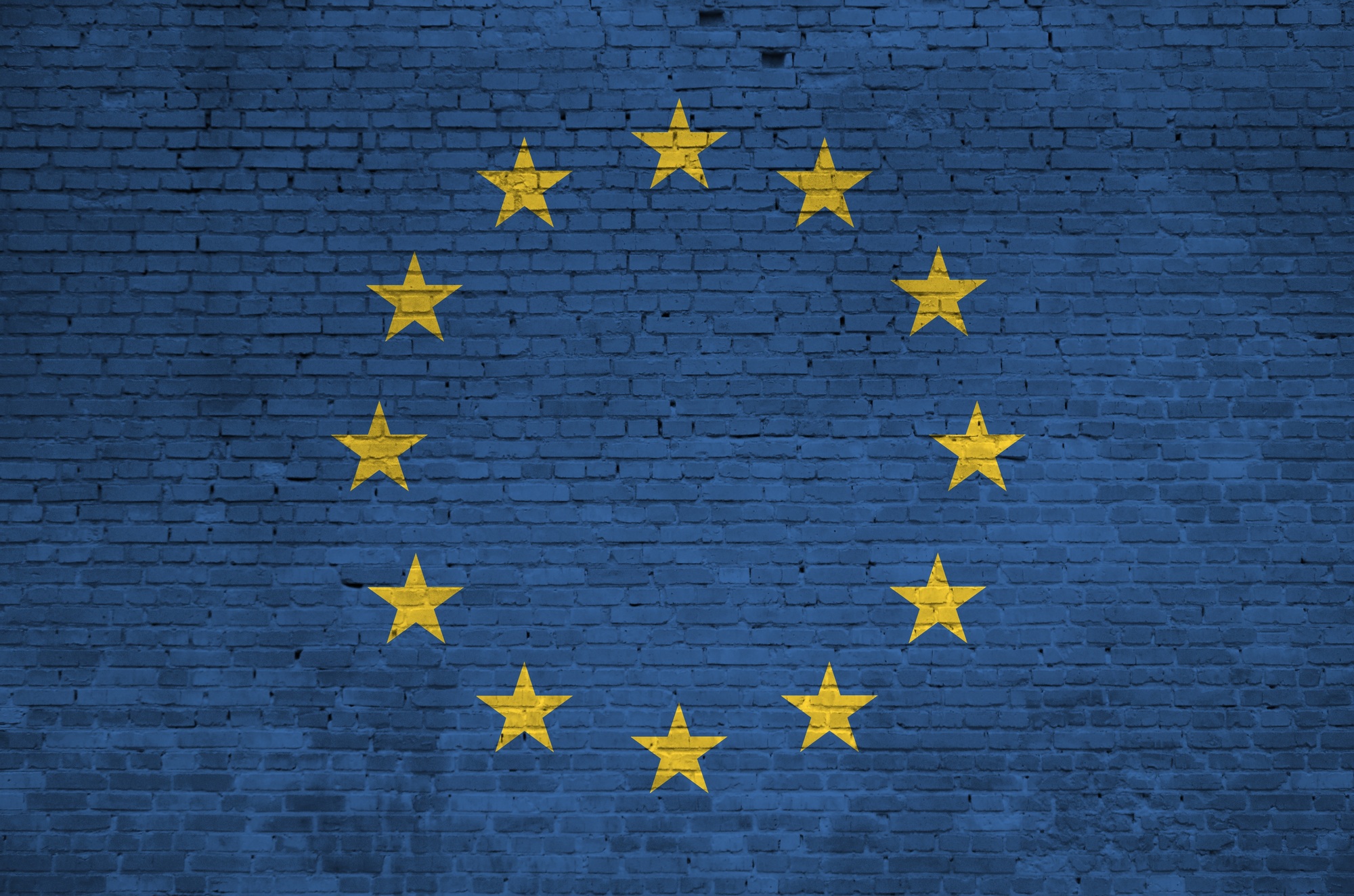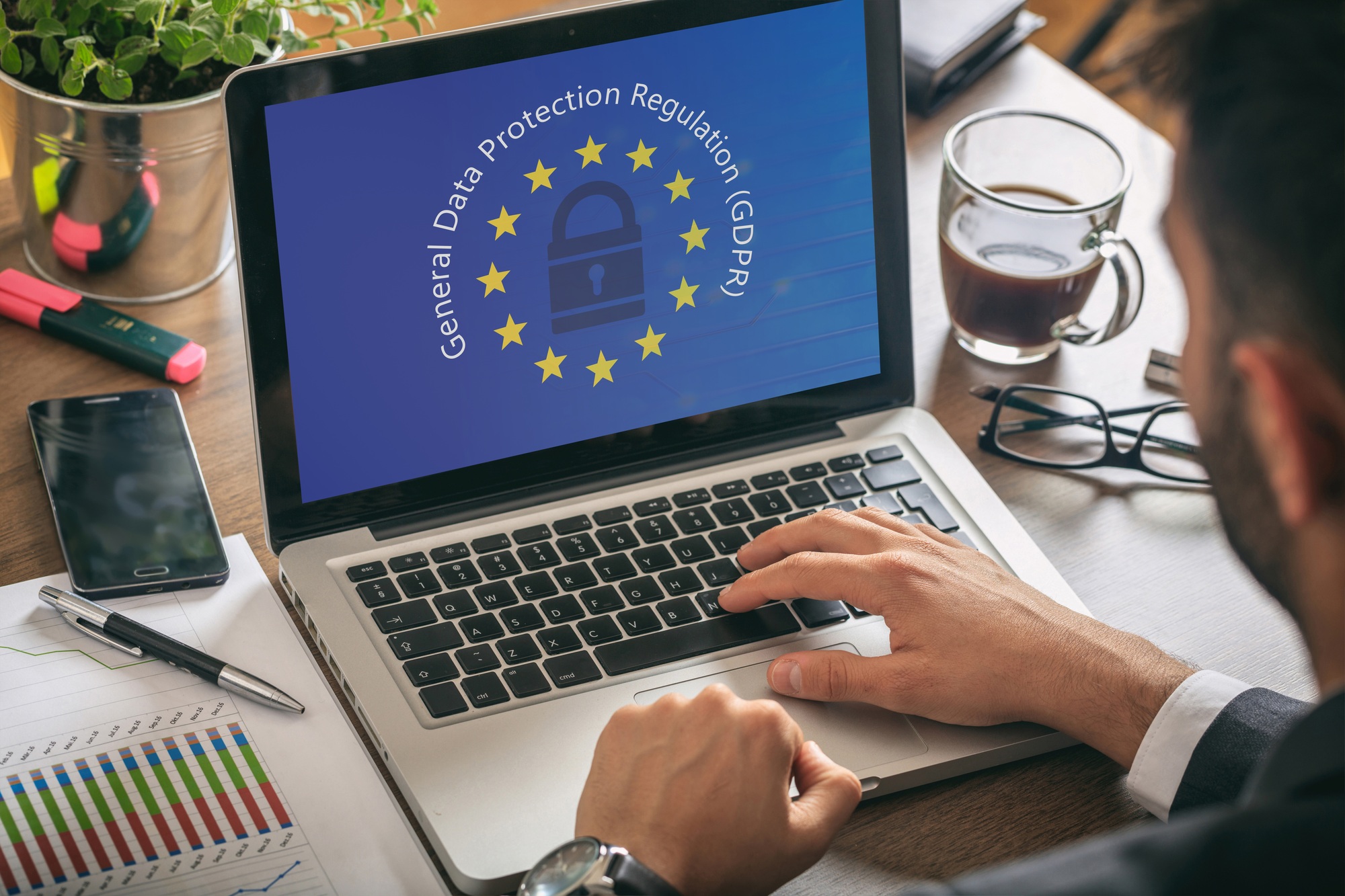APC report finds digital risks largely absent from global Women, Peace and Security action plans
A new APC report shows that most Women, Peace and Security (WPS) national action plans still do not address the rise of digital threats, including cybersecurity risks and technology-facilitated gender-based violence. The study identifies where current plans fall short and outlines how states, civil society and technology actors can close these gaps. Read more in the full publication.










